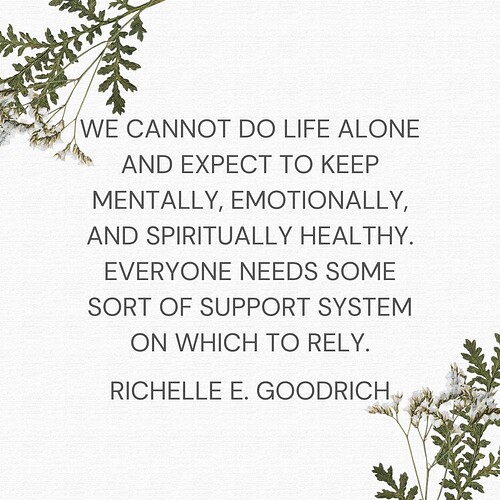Traditional therapy can be amazing and incredibly helpful for your mental health, but in 2024 what people lack is time to do the things that are important to them. There is work and after work responsibilities and if you are a parent or caretaker, the lack of time is even more appalling. So things like therapy which requires a car ride, waiting room and a 60 minute session is just too much time out of our already crammed schedules.
The integration of technology into mental health services has kind of revolutionized access to care and online therapy is at the forefront of this transformation. Being able to schedule your appointment based on your schedule and being able to do therapy from your car, on your lunch break, in your dorm or house is technological perfection. But while online therapy presents numerous benefits, it also carries certain drawbacks that are important to consider. So let’s look at both the pros and cons of online therapy to better understand its impact on mental health care.
Pros of Online Therapy
1. Widened Accessibility
The most significant benefit of online therapy is its ability to make mental health services accessible to everyone. This includes people in rural or underserved areas, those with disabilities that make travel difficult, and busy people who just don’t have the time to visit a therapist’s office. Online therapy bridges these gaps in a spectacular way.
2. Enhanced Privacy and Comfort
Online therapy provides privacy, you aren’t going to run into anyone in a waiting room or on the way to your therapist’s office. This can be particularly important for those dealing with issues they find embarrassing or stigmatized for. Being able to receive therapy in a familiar and comfortable setting, like your home or office, can help you be more open in therapy and feel secure while doing so.
3. Flexibility
Online platforms often offer a lot of flexibility over in person therapists, they allow you to pick and switch therapists if necessary and their schedules are a lot more varied to accommodate your needs.
Cons of Online Therapy
1. Reduced Personal Interaction
The physical distance inherent in online therapy can sometimes result in a less personal connection between you and your therapist. Subtleties in body language and emotional expressions are often more difficult to discern through a screen, which can impede the depth of therapeutic relationships and understanding. On the other hand, we talk to our families through WhatsApp and Facetime, so most of us are ok with a screen between us and the other person.
2. Limitations for Complex Cases
Online therapy may not be adequate for individuals with severe mental health disorders that require intensive oversight or immediate intervention. That being said, online therapy in conjunction with an in person therapist could be a solution as well.
Online therapy is an innovative and amazing addition to the field of mental health. It allows people who couldn’t get therapy due to distance, time factors or even just feeling too anxious to start in person therapy the opportunity to better their mental health. As with any therapeutic approach, the effectiveness of online therapy depends on individual needs and circumstances. Understanding its strengths and limitations can help you make informed decisions about your mental health care options. Happy Tuesday.
All the best,
Team SG
